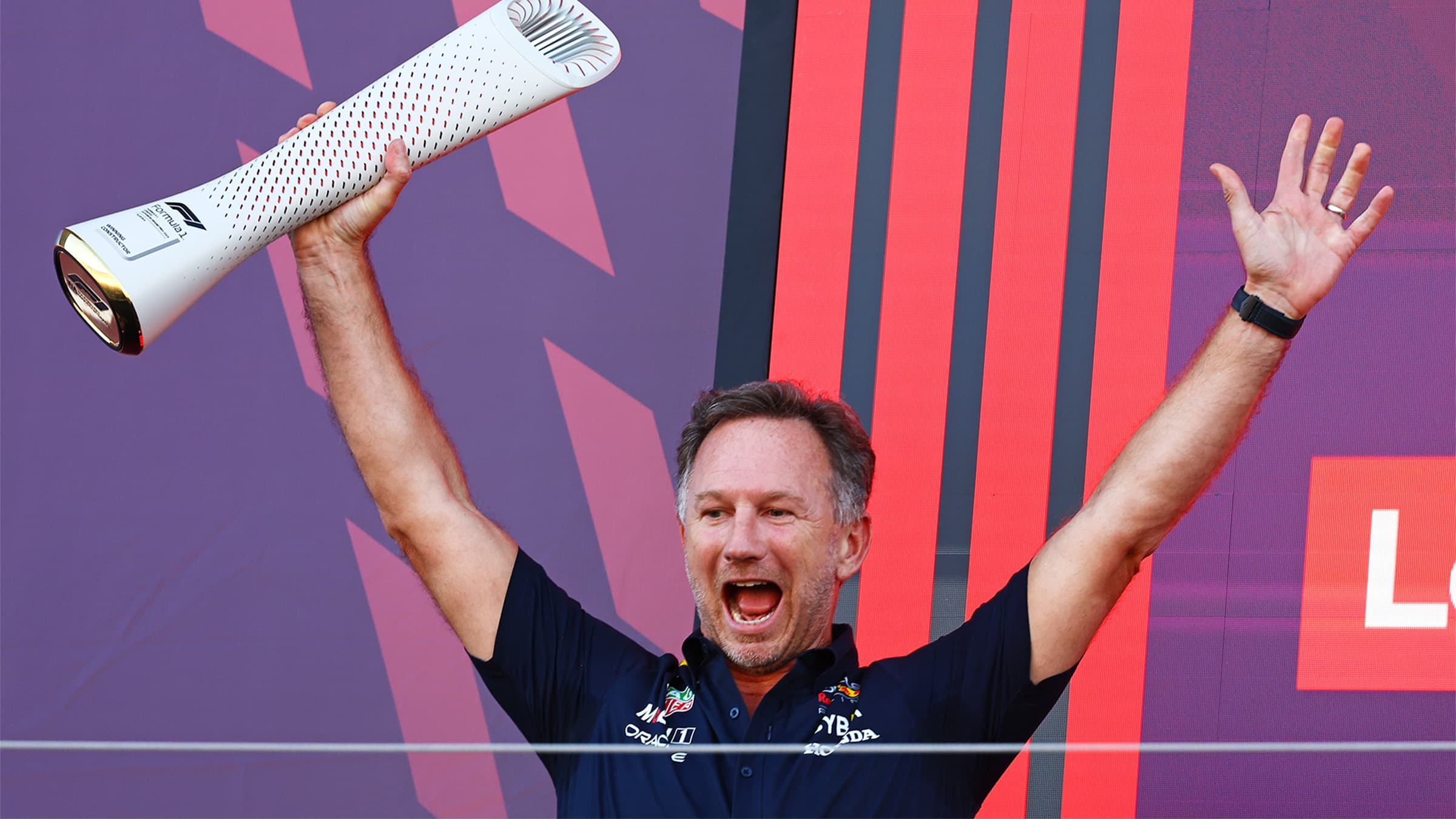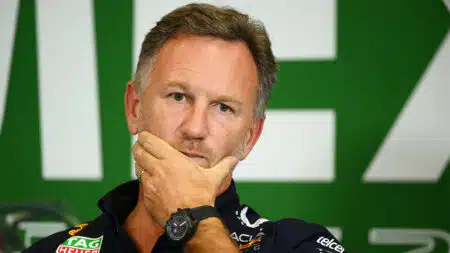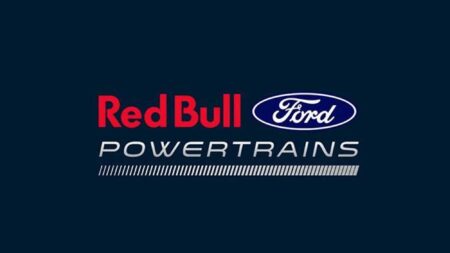Born in Leamington Spa in 1973, Horner’s only tenuous link to the world he would one day inhabit was his grandfather: a purchasing manager for the old Standard Motor Company in Coventry. The racing bug bit instinctively, privately educated Horner earning his spurs in karting, then in Formula Renault. Polished and perceived as a bit, well, ‘posh’, he wasn’t above getting his hands dirty to wheel and deal as far as F3000 – before he faced reality. Watching the likes of Juan Pablo Montoya at close quarters – and proving unable to keep up – Horner knew he was never going to cut it as an F1 driver. That’s when he knew it was time to switch to the ‘prat perch’ on the pitwall.
Arden took time to find the sweet spot in F3000. A link-up with Prodrive and Russian sponsorship from Lukoil put the team on the right footing, but at the turn of the millennium when this writer first got to know him Horner was still considered a comparative minnow – with everything still to prove. He had no university degree, no formal preparation for his responsibilities, but in the traditions of Ron Dennis, Frank Williams and Ken Tyrrell he paid his dues in those years. With hindsight, the naked ambition – you could say literally, when he undressed for an eligible bachelors feature for a glossy women’s magazine – should have told us he’d go places. Yet a route to F1 seemed insurmountable for Arden – and so it proved. He changed tack and became the forerunner of a new breed of team principal: ostensibly an employee of a far richer team owner who would take the financial risk. That was a departure from the traditional Dennis/Williams/Tyrrell template.
F3000 title success was achieved with the dominant and talented Vitantonio Liuzzi in 2004, before Horner picked his path into F1 with Red Bull. It’s easy to forget the monumental task he faced in those early weeks, months and years.
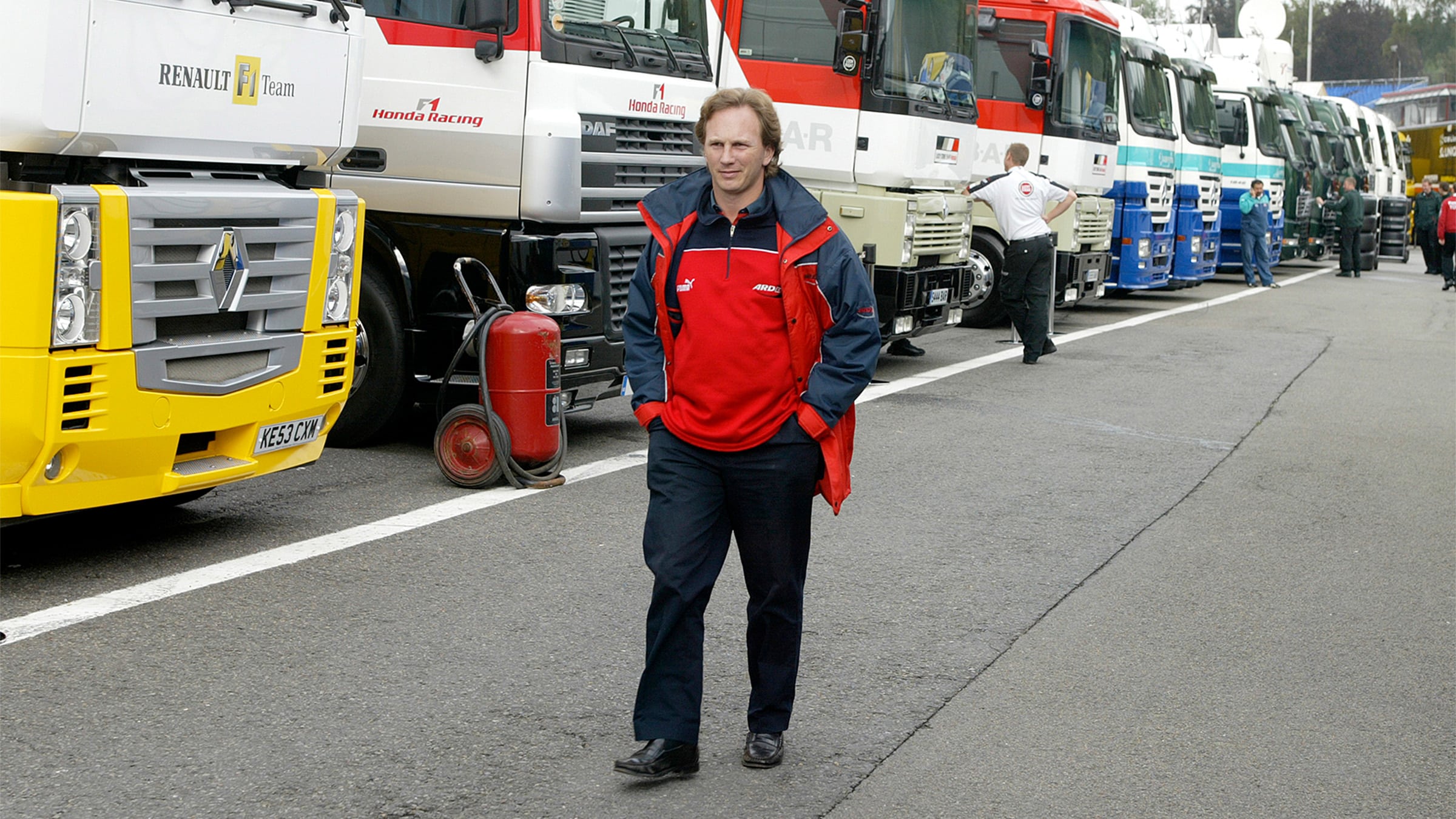
Arden team principal Christian Horner marches the Belgian GP paddock
Grand Prix Photo
The partnership with Helmut Marko has always appeared an uneasy one. Tension between the pair is hardly something new. Horner had bought his first trailer for Arden from the 1971 Le Mans winner, but like most in the F3000 paddock he’d regarded the awkward Austrian with a mix of bemusement and amusement. Marko’s team had adopted the striking colours of Red Bull and was always well turned out – yet it underachieved as little more than a solid midfielder. Yet Marko, whose own racing career was cut short by a stone flicked up in the 1972 French GP that cost him his left eye, wasn’t a man to be underestimated. Horner, like the rest of F1 – along with a long string of young racing drivers who would feel Marko’s wrath over the years – learnt that all too directly.
The alliance and friendship with Newey was far more natural, and still represents Horner’s greatest achievement. Without the finest racing car designer of his (and any) age, the seven title successes with Vettel and Max Verstappen so far would have been inconceivable. Where Jaguar and Newey’s old friend Bobby Rahal had failed, Horner succeeded in drawing the genius away from McLaren, on the recommendation of early Red Bull driver David Coulthard. Never comfortable under Ron Dennis, Newey could have had his pick of teams, including Ferrari – but was attracted to the freedom Horner offered at Red Bull. He would be unleashed to express himself just as he had when he’d first made his F1 mark in those far-off Leyton House March days. That was Horner’s most astute move.
Back then, the fresh face to team principals’ meetings sensibly nurtured his standing with Bernie Ecclestone and FIA president Max Mosley. Deferential and respectful, he intended to become a part of the establishment, despite Red Bull’s natural rebellious streak of independence. This young man knew what he needed – and who – to get on.
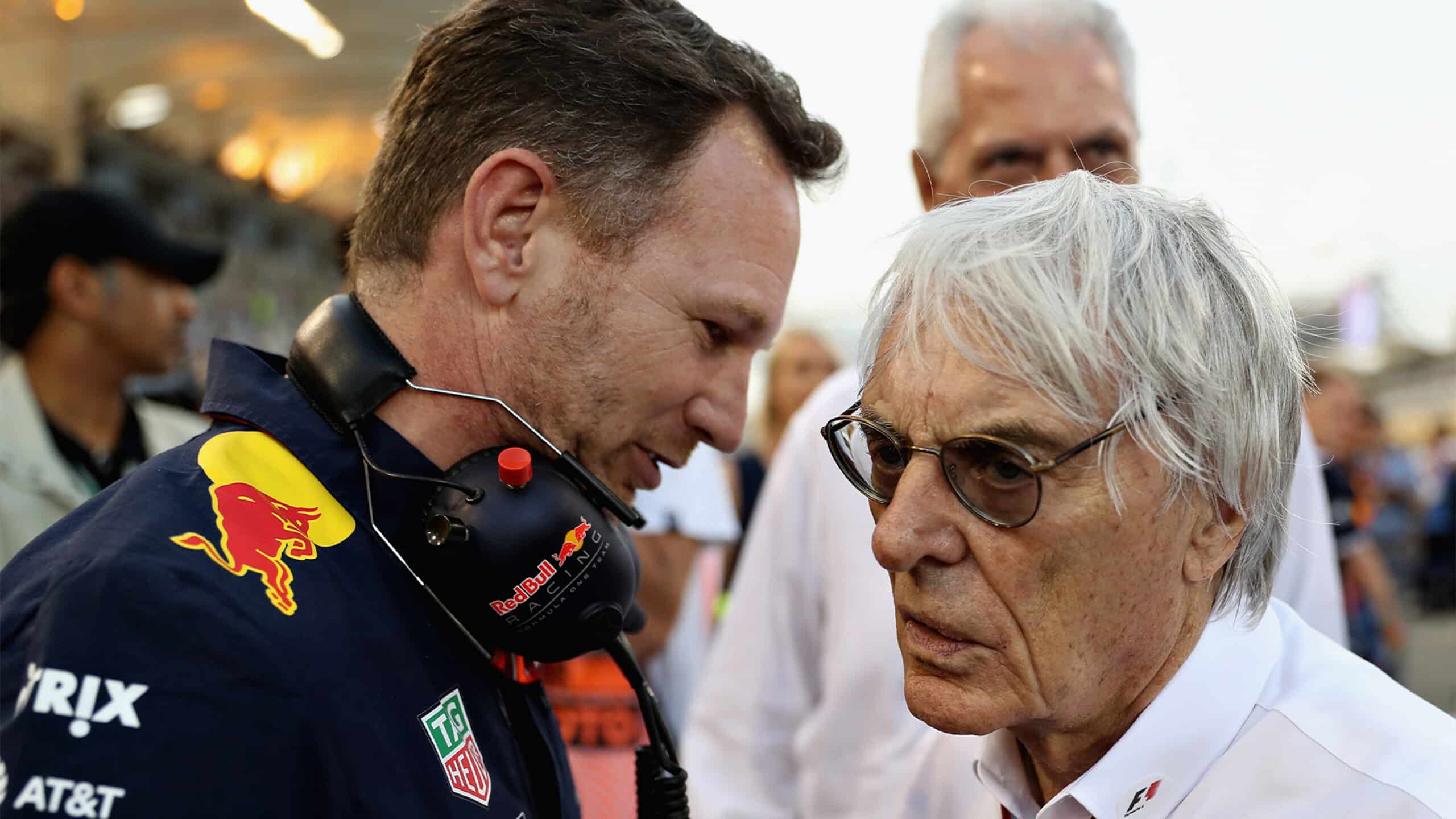
Horner knew how to make good allies
Getty Images
Some of us wondered how long he’d remain at Red Bull. Perhaps Horner had his eye on another role, as Ecclestone’s apprentice, with a destiny to eventually run the circus himself. But that wasn’t his path. Confident Horner was never afraid to upset his peers, and even his suppliers. Renault had powered his team to those four Vettel titles, but when the manufacturer underestimated the challenge of the new hybrid formula Horner didn’t hold back in his public criticism. For good reason.
It would take Red Bull eight years to make up the lost ground to Mercedes and win another crown, in the most controversial of circumstances in Abu Dhabi 2021. By then, Horner was fully established as a divisive figure, the husband of a former Spice Girl who knew how to play to the (Netflix) cameras in the brave new post-Bernie world of F1 under Liberty Media. Stefano Domenicali’s transition from smooth, likeable, diplomatic Ferrari team boss to overall puppet master was much more acceptable to the paddock.

